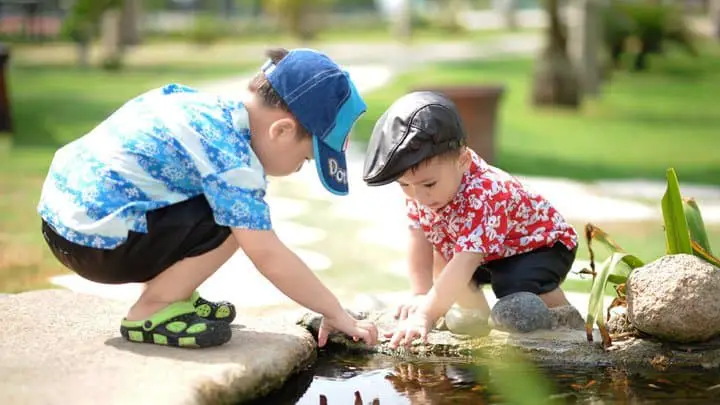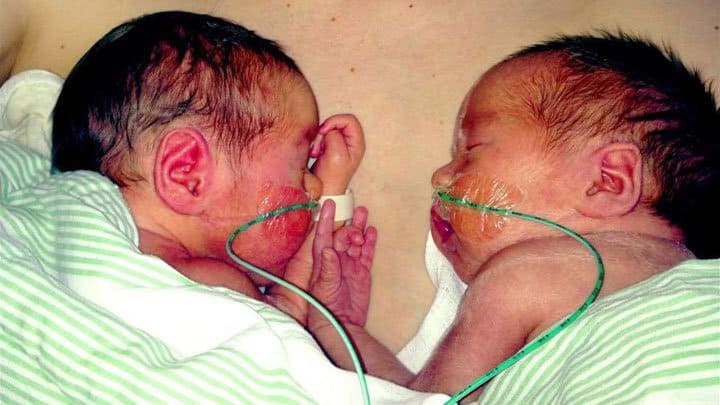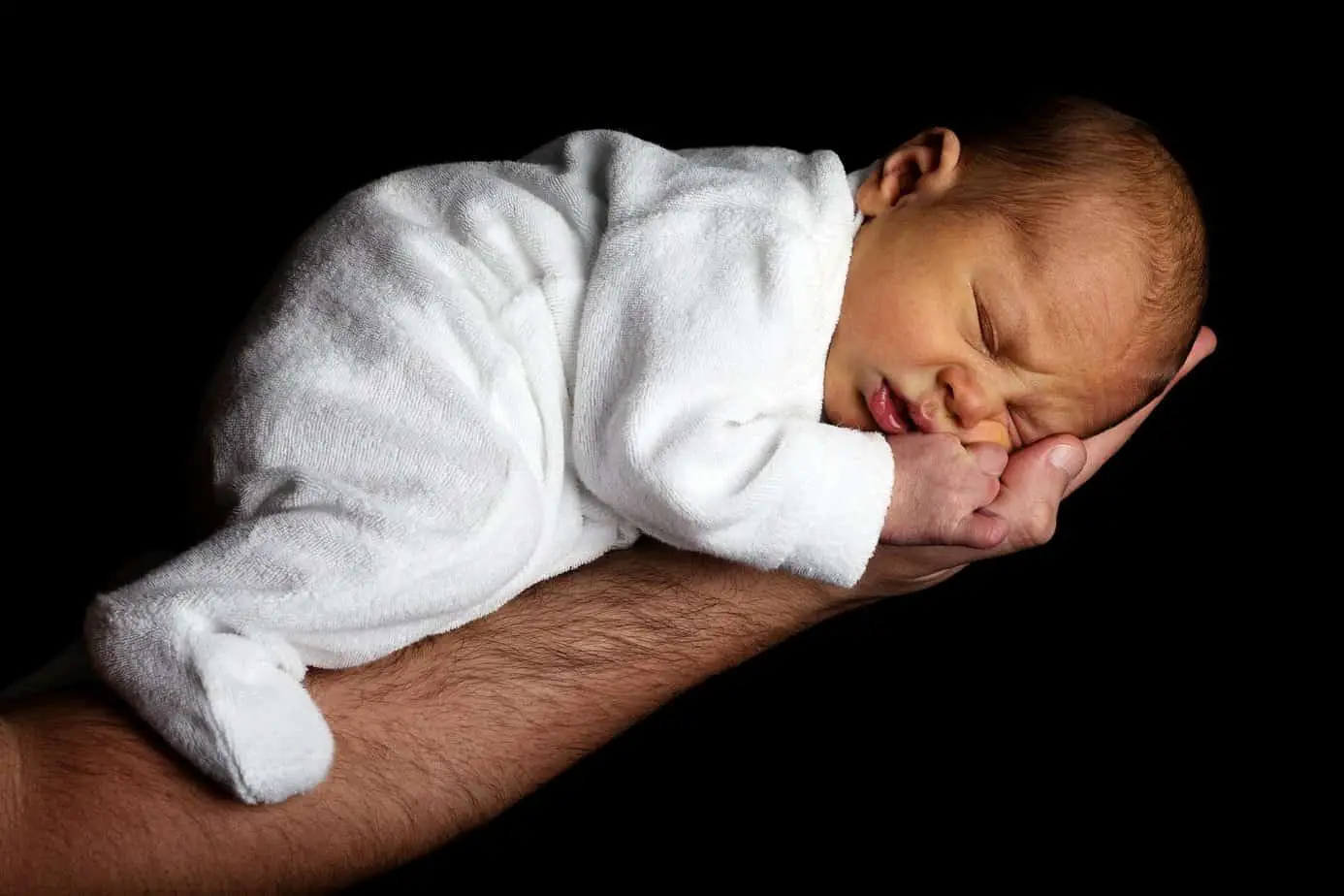Stressful Family Environments Make Children Cheat at Games
A recent study examined how well a group of young children were able to regulate themselves, and whether or not children from stressful family environments are more likely to experience issues in this regard. The study was published in August 2017 in the Journal of Family Psychology. The Journal of Family Psychology is published by the American Psychological Association.
If a child is having a hard time controlling and self-regulating him or herself it can be a harbinger for behavioral problems in adolescence and adulthood. A group of mono- and dizygotic same-sex twins participated in the study. Their families were looked at in terms of household chaos, parenting daily hassles, and whether or not parents were showing depressive symptoms. This was done to find out whether or not the children came from family environments that could be considered stressful.
Observed during a throwing game
Both parents reported on their children’s behavior by using a questionnaire. In addition, the children’s cheating behavior was observed during a throwing game. The children of parents who experienced more daily hassles and depressive symptoms had lower levels of self-regulation. Furthermore, the researchers found that children growing up in more chaotic households had an increased risk of being in the cheating group. The researchers concluded that the role of stressful family environments should be taken more into account when setting up prevention and intervention programs in relation to children struggling with behavioral control issues.














